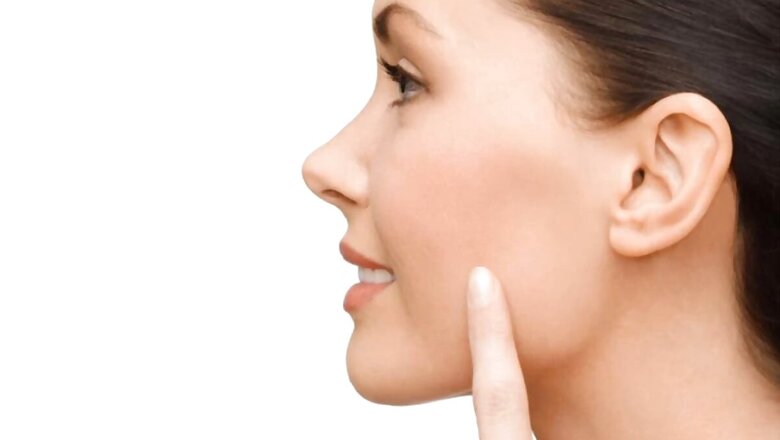
views
When it comes to a diet’s macronutrient breakdown, most of us only question if we’re having too much fat and not too little. We assume that fat is bad for us and something we’re supposed to consume as less of as possible. While dietary fats get a very bad reputation because of their excess being linked to obesity, type 2 diabetes, heart disease and a number of other ailments, a complete absence of fat in your diet and body can also lead to severe health issues.
Why your body needs fat too
A study published in the Nutrition Journal in 2017 suggests that what confuses consumers is the lack of clarity about which fats are bad and which aren’t. While science highlights the fact that the consumption of saturated fats and trans fats leads to cardiovascular and other diseases, people mostly take it to mean that they need to cut off fats. However, fats are also essential nutrients and your body needs a decent amount of essential fatty acids to function properly.
So, while you may be more concerned about getting loads of vitamin-rich foods into your diet, you should know that not a single bit of them will be absorbed into your body if you don’t get adequate amounts of monounsaturated and polyunsaturated fatty acids. This is because most vitamins including A, D, E and K are fat-soluble. You also need fatty acids to support the function of your eyes and brain, for blood clotting and wound healing and for the proper production of hormones like testosterone and estrogen.
Signs of fat deficiency to look out for
Since essential fatty acids play such important roles in the functioning of your body, a deficiency of fats is likely to show up in a number of ways. The following are the key signs you need to be looking out for.
1. Skin problems
A study published in Acta Paediatrica in 1962 pointed out that the skin is the most obviously impaired due to fat deficiency and this finding stands true even decades later. Not only is your skin more likely to be inflamed and swollen but you may also develop scaly or dry rashes typically linked to dermatitis.
2. Hair loss
Certain fat molecules called prostaglandins are crucial for hair growth and health. When you don’t eat enough fats, the hair follicles and shaft get damaged too. This inevitably means hair loss and related issues will show up.
3. Hormone issues
Sufficient vitamins and minerals like vitamin D, vitamin B12 and selenium are crucial for the proper function of your endocrine system, which produces the hormones. Fat deficiency suggests that you’re not getting enough of these nutrients, which means your hormones are likely to be in a state of imbalance. For women, it can spell irregularities in the menstrual cycle but for both genders, it can affect sexual and mental function too.
4. Fatigue
Once again, it’s the undeniable link with the absorption of vitamins, minerals and antioxidants that causes a problem like fatigue when you have a fat deficiency. Apart from the lack of these vital nutrients, it’s also the lack of satiety associated with a fat deficiency that can lead to both physical and mental fatigue.
5. Low immunity
If you’re eating veggies, fruits and even some carbs and are still frequently falling sick, then it’s time to check if your fat requirements are being met. Because fat deficiency indicates malabsorption, your body isn’t getting enough nutrients even if you’re consuming them, which ends up weakening your immune system. Eat plenty of nuts and seeds and your fat deficiency is likely to resolve and lead to good health.
For more information, read our article on Healthy fats.
Health articles on News18 are written by myUpchar.com, India’s first and biggest resource for verified medical information. At myUpchar, researchers and journalists work with doctors to bring you information on all things health.
Read all the Latest News, Breaking News and Coronavirus News here
















Comments
0 comment